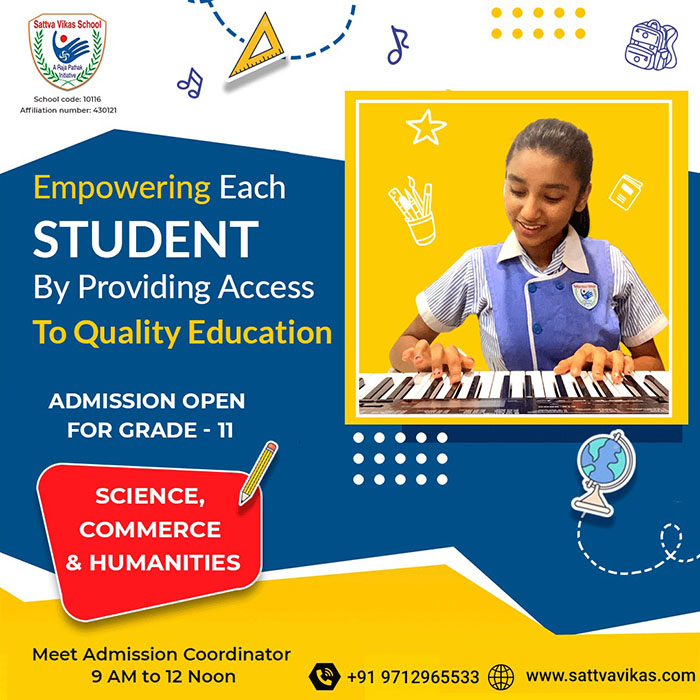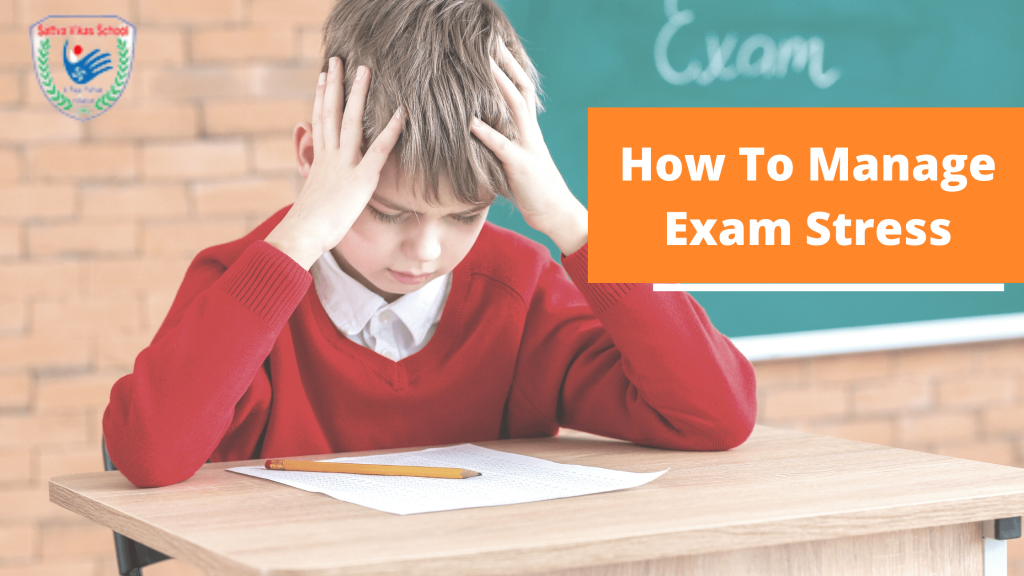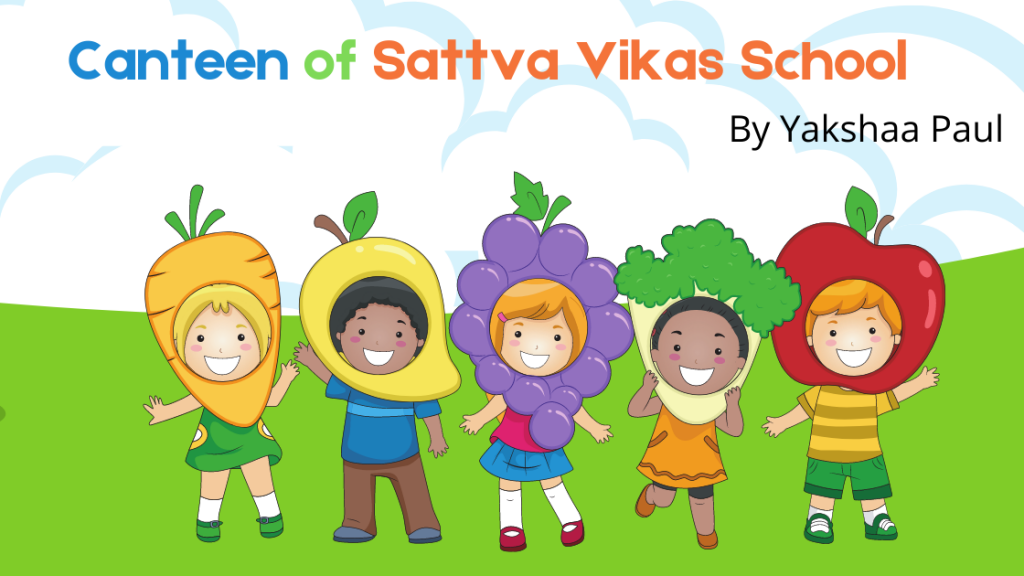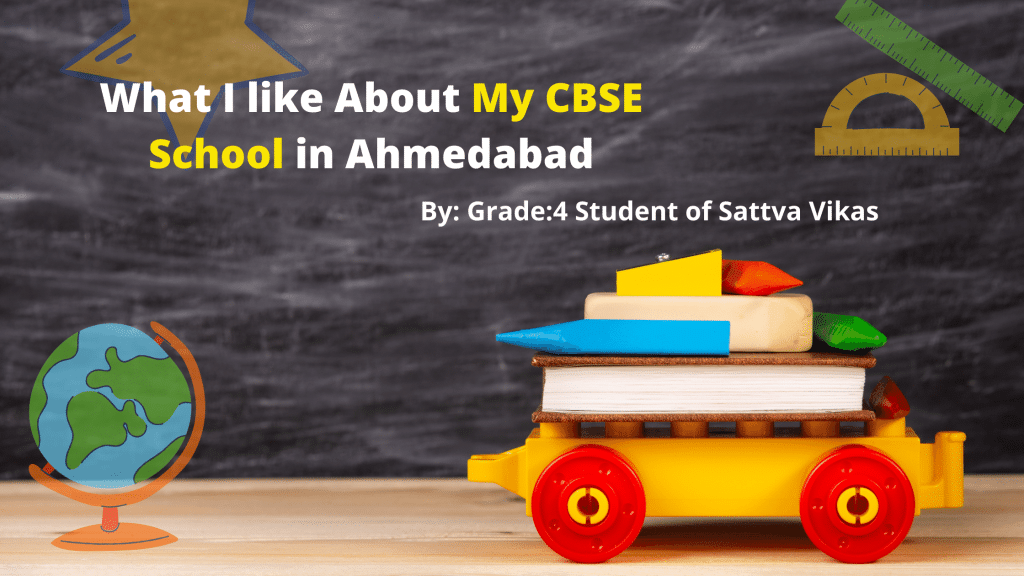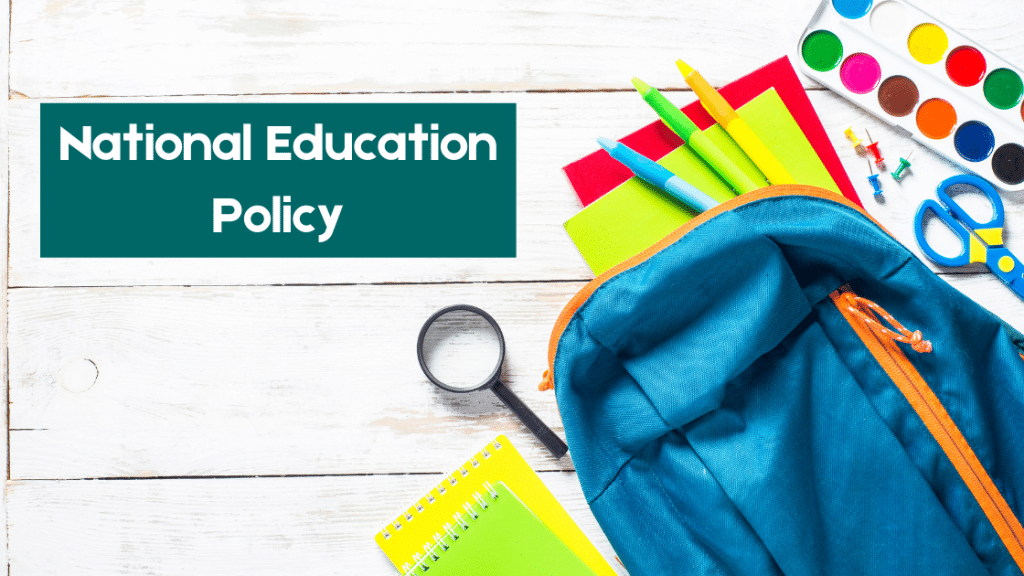
India’s first Education Policy was passed and implemented in 1986. After thirty-four years, the National Education Policy (NEP) for India has been updated, revised and approved on 29th July 2020. It is a comprehensive framework for primary to higher education as well as vocational training in both rural and urban India. The policy signifies a huge milestone for India’s Education system, which will certainly make India an attractive destination for higher education world-wide.
The policy is based on the pillars of ‘Access, Equity, Quality, Affordability, Accountability’ and is bound to transform India into a vibrant knowledge hub. By including all layers of the country, the policy aims to intensify the concept of ‘One-India’ building a strong bond and connection within the country.
The Key Takeaways are:
New pedagogical and curricular structure of school education (5+3+3+4).
Foundational stage (5) multilevel, play/activity-based learning
Preparatory Stage (3) play, discovery, and activity-based and interactive classroom learning
Middle Stage (3) experiential learning in the sciences, mathematics, arts, social sciences, and humanities
Secondary Stage (4) multidisciplinary study, greater critical thinking, flexibility and student choice of subjects
Talking more about the possible changes in Secondary Stage that is for class 9 to 12 are:
A. A system of annual/semester system where students will be allowed to take Board Exams twice in an academic year/modular Board Exams could be developed so that the pressure from exams is better distributed
B. All subjects and corresponding assessments, beginning with mathematics, could be offered at two levels, with students doing some of their subjects at the standard level and some at a higher level; and Board exams in certain subjects could be redesigned to have two parts – one part of an objective type with multiple-choice questions and the other of a descriptive type.
C. 360-degree Assessment Report Card which means it will be comprehensive based on Skill + Capabilities and Academic + Practical + Curricular will be given equal footing. The criteria’s for evaluation process includes First Self-Assessment by the student, Second by Peers and Third by Teachers
D. This policy includes basis of holistic approach which means the student can choose the subject of his interest. There will be no separations between arts, commerce and sciences, and students will be allowed to pick their own subjects for the Board Examinations based on their interests.
E. Sanskrit will be offered at each level of education. Other classical language +literatures will also be available as optional.
F.And for those students who are creative and do something out- of- the -box for them ACADEMIC BANK OF CREDITS have been introduced. Here the students can take a sabbatical (study leave) for a year and start back from where they had left and continue with the course.
Bring transformation in education system as per NEP 2020 might be new for other schools but Sattva Vikas, being one of the best schools in Ahmedabad with a belief that ‘When a society changes, so then must its tools’ and so it refashions itself as aggressively as the digital technology that is causing it so much angst.
Sattva Vikas School has always been very quick in accepting the reality of today’s times and pioneered well to adapt modern teaching styles that are informal and active that create a collaborative environment, which is designed not only for the knowledge consumers but also for the knowledge creators. Sattva Vikas School, as a renowned institute is well aware that ‘Students have a mind like a sponge’. They absorb everything- so why not expose them to multitude of mediums and opportunities? So Sattva has steered away from the outdated obsolete methods of teaching using only a blackboard, chalk & duster since day one. Our Mentor Teachers focus on physical, cognitive, emotional and social development of students. Along with excelling in academics, students are encouraged to engage with others at an intellectual level. For instance, Art & Craft is integrated with core subjects such as Maths, Science, English, and Social studies to deliver a fun learning experience to students. Library is not just a place to read books. Instead, various language development activities, such as extempore, story writing, and role play, are organized for students. Sattva Vikas Best CBSE School in Ahmedabad justifies it name, with an aim of ‘Sab ka Vikas’- each child is learning and blossoming and moving towards his\ her milestone with utter joy and satisfaction.
